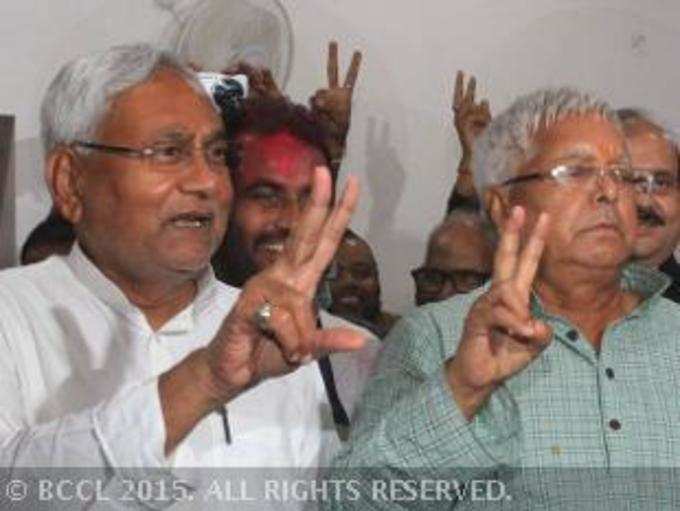 The crushing defeat of NDA is likely to moderate the pace of economic reforms and there is even a possibility that the rollout of the Goods and Services Tax bill (GST) could face a setback, something that the
The crushing defeat of NDA is likely to moderate the pace of economic reforms and there is even a possibility that the rollout of the Goods and Services Tax bill (GST) could face a setback, something that the "A victory for the Grand Alliance is only going to increase the resistance to legislative business in Parliament," said a senior official in the finance ministry, who did not wish to be identified.
Notably, officials in the finance ministry were awaiting the verdict of the Bihar assembly polls to get a sense of how fast the Narendra Modi government can push the
The government lacks a majority in the Rajya Sabha, and may find it extremely difficult to push through legislative changes with an emboldened opposition. The government's plan to gain the numbers advantage in the Rajya Sabha through victories in state elections has also suffered a setback and is likely to hurt legislation. While the government has said it will press ahead with reforms, the
"Indian financial markets were cautious ahead of the election results, and a result against the BJP should lead to market weakness. We feel that today's results — the BJP's big defeat — could be a material sentiment dampener in Monday's early trade as this might be perceived as an additional stumbling block to the central government's reform agenda," said Sidhartha Sanyal and Rahul Bajoria, economists at Barclays Bank.
Finance minister Arun Jaitley had hoped to roll out GST by April 1, 2016 but that looks difficult to achieve, considering the government still has a lot of ground to cover to push the most ambitious indirect tax reform since Independence. With assembly elections due in Assam, West Bengal and Uttar Pradesh, the road ahead may be rocky. Similarly, the pace and direction of labour reforms could also face roadblocks.
The winter session of Parliament, which was expected to see progress on GST, may be stormy as the opposition is likely to step up its attack on the government on various issues. The NDA government has taken several steps to boost sentiment and growth but an overwhelming view has been that the speed of economic reforms has not kept pace with the need of the economy. Economists said the government should focus on the farm sector and address rural distress. "The focus should shift away from foreign tours, FDI and bullet trains to what are happening in the farms and rural space," said Ashok Gulati, Infosys chair professor at ICRIER, an economics think tank.
(Image credit: BCCL)